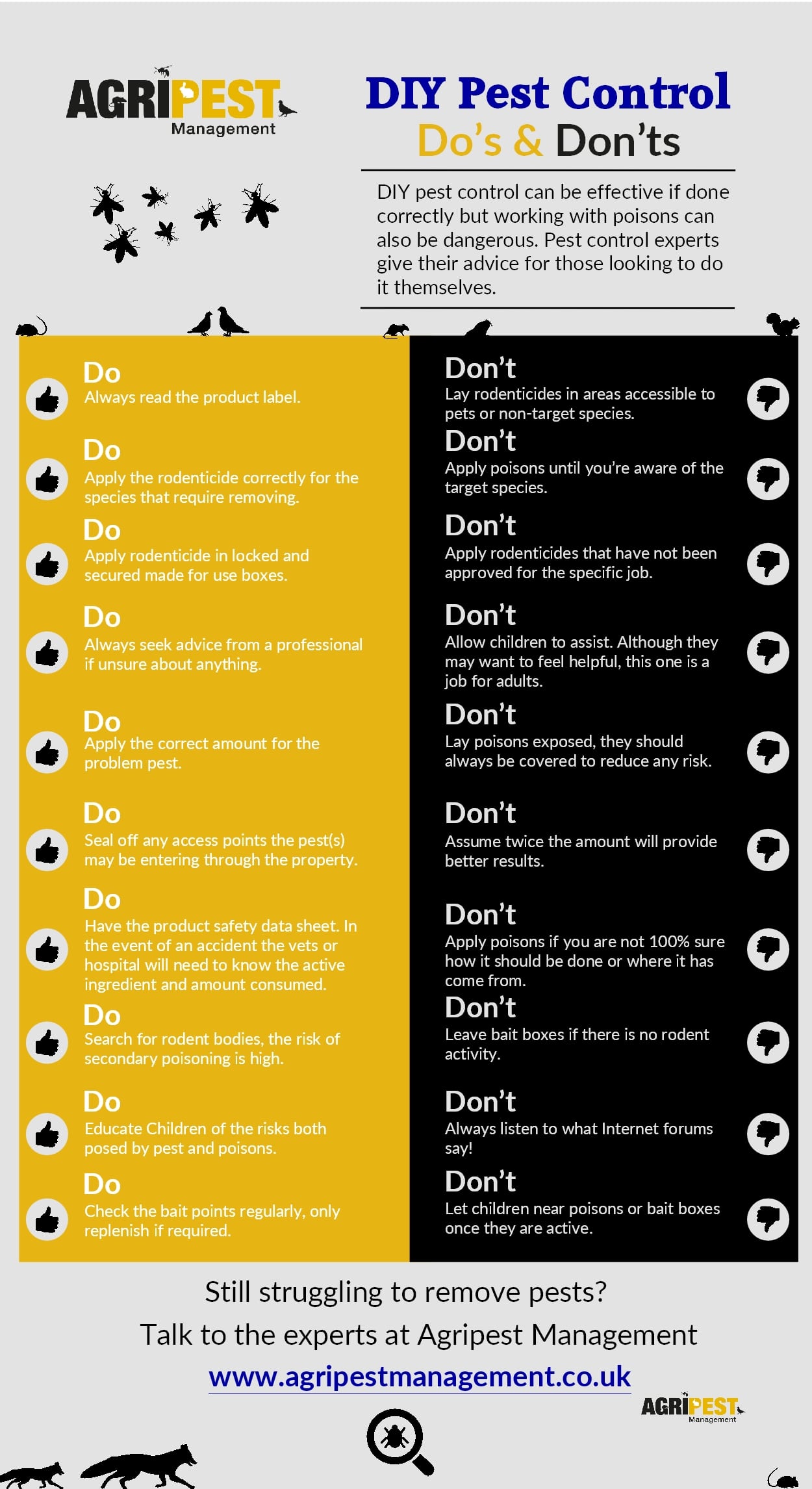The Pros And Cons Of Chemical Bed Insect Treatments: What You Need To Know
The Pros And Cons Of Chemical Bed Insect Treatments: What You Need To Know
Blog Article
Write- Evidence of rat presence Composed By-George Parks
Did you understand that bed pests are among one of the most hard pests to get rid of? If you're considering chemical treatments to eliminate these pesky animals, it is very important to evaluate the pros and cons.
In this write-up, we'll explore the efficiency of chemical bed insect therapies, the potential health and wellness threats connected with them, and their effect on the setting.
By recognizing these variables, you'll be better equipped to make an informed choice about tackling your bed bug problem.
Effectiveness of Chemical Bed Pest Treatments
You will be pleased to know that chemical bed pest treatments are normally fairly efficient in eliminating invasions. These therapies function by targeting the bed bugs' nerve system and interrupting their capability to feed and recreate. By using chemicals specifically made to eliminate bed insects, you can properly eliminate them from your home.
One of the benefits of chemical treatments is their capacity to get to even the most hard-to-reach areas, such as fractures and holes where bed pests like to conceal. Furthermore, chemical therapies can supply long-lasting outcomes, assisting to stop future invasions.
Nevertheless, it is necessary to adhere to the directions thoroughly and take necessary safety preventative measures when utilizing these therapies.
Possible Health And Wellness Dangers of Chemical Bed Bug Treatments
There are numerous potential health dangers related to chemical bed bug therapies that you must understand. While these treatments can properly eliminate bed insects, they may additionally position threats to your health and wellness.
One usual danger is the exposure to hazardous chemicals. The chemicals made use of in these treatments can be hazardous if inhaled or if they enter into contact with your skin. Some people might experience allergies or respiratory issues therefore.
Furthermore, chemical therapies might leave deposit on surface areas, which can be ingested or absorbed with the skin, leading to more wellness complications.
It's important to thoroughly comply with the instructions supplied by specialists and take essential precautions to minimize the possible health dangers related to chemical bed pest treatments.
Environmental Impact of Chemical Bed Bug Therapies
One prospective concern with chemical bed pest therapies is their influence on the atmosphere. When thinking about Mechanical control of chemical bed bug therapies, right here are four crucial factors to bear in mind:
1. Pesticide overflow: Chemical treatments can potentially infect water sources, bring about harmful results on marine life and ecosystems.
2. Air air pollution: The launch of chemical fumes throughout treatment can contribute to air pollution, influencing not only the environment however likewise human health.
3. Injury to useful bugs: Chemical treatments might not just target bed insects however also harm beneficial bugs such as bees and butterflies, which play vital roles in pollination.
4. Lasting effects: Making use of chemicals might have long-lasting repercussions on the setting, including soil contamination and disturbance of natural communities.
Taking into consideration these factors, it's vital to evaluate the prospective risks and advantages of chemical bed insect therapies and check out alternative, much more eco-friendly options.
Final thought
So, when it comes to chemical bed insect therapies, there are certainly pros and cons to think about.
On one hand, they can be extremely efficient in removing these pesky pests.
However, there are potential wellness risks to be familiar with, as well as the ecological impact of using chemicals.
It is necessary to weigh these elements carefully prior to deciding on a therapy method.
Yet, suppose there was another solution? Something that could properly eliminate bed pests without the drawbacks?
Remain tuned, due to the fact that there may just be an unexpected option imminent.
